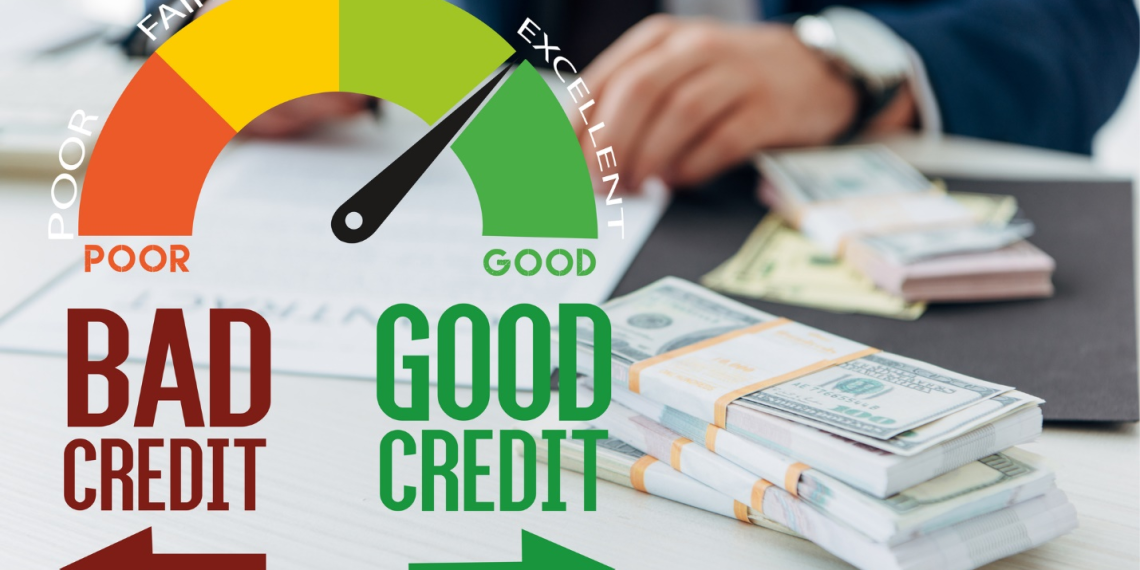Personal loans are available for people who are 18 years old or older and who are starting to embark on their journey to adulthood. If this is your case, you can start to build credit while you’re young and know how to manage your debts so you can get wiser later on.
If you need financial help to fund your college training, attain one of your dreams, or begin a business, there is a lot obtainable that’s to be had for you. If you have already a protracted-status relationship with your financial institution, then they are one of the pleasant sources that you want to recall.
Getting a Loan Early
At 18, you stand at the threshold of adulthood, with dreams and aspirations waiting to be fulfilled, and consumer debt can play a crucial role in shaping your future by providing financial support when needed. One of the reasons the younger generations need the extra funds is for education.
Pursuing college often requires substantial funds, and federal student loans can make that dream a reality. These offer flexible repayment options and lower interest rates compared to private loans. However, if they are not available, you can always go to https://forbrukslånlavrente.com/lån-18-år/ and find cheaper options out there. Private ones can meet the extras that may not be met by federal aid.
For those looking to purchase their first car, auto loans are tailored specifically for those who are 18 years and older. Just go to any dealership and see what their requirements are.
Credit cards are another avenue for young adults to establish and build creditworthiness early on. Responsible use of their limits combined with timely payments helps create a positive credit profile that opens doors to more favorable loan options in the future.
Federal Grants
Pursuing higher education is a dream for plenty excessive college college students. After all, getting a degree is one of the keys to landing an outstanding process, but it could be high priced. Fortunately, there are federal loans that can assist those individuals who don’t have the monetary capability to pay for their books, training, uniforms, and other miscellaneous from out of their wallets. The ones offered by governments are often cheaper, and they typically have lower interest rates.
What’s more, they offer flexibility where the borrowers are only going to pay what they owe after their graduation. These will help them get through their thesis phase and help alleviate the financial burden of most students while making everything more manageable. A protection that borrowers can enjoy is deferment or forbearance options if they experience financial hardship or encounter difficulties finding employment after graduation.
Private Financing Institutions
Lump sums provided by private enterprises can also be an option, and they can help bridge the gap that you may have for your projects, board, and other needs. Although some have already gotten federal aid, the funds may not be enough to cover their other expenses.
This is where you can find a company that can help you get approved for another big amount but they often require a co-borrower to proceed, especially if the applicant doesn’t have an income history or established credit. Secure more favorable interest rates in the process and consider the repayment terms because they can be different from the government. You just need to borrow responsibly and only take what you need.
Consumer Debts

Unsecured types can give younger people the flexibility that they need because consumer debts don’t typically need their applicants to put up any collateral like a home or a car. Instead, your eligibility is determined by using your creditworthiness and the cause of the mortgage in the first place.
After the funds are transferred to your account, you’ll be able to use them in a manner that you see match. Whether you would use them for a gap year to go to exciting places like Greece, Spain, and other countries in Europe, or cover something unexpected, an 18-year-old can generally get approved with them as long as they have a strong credit rating. These are extremely versatile and can be used to enjoy your final college days before adulting starts to kick in.
Interest prices on these loans might also vary depending on elements together with your credit score score and income level, so it is important to shop around and evaluate offers from one-of-a-kind creditors earlier than committing to at least one. Repaying this money owed is also incredibly sincere because you will make fixed month-to-month bills over a fixed period till the mortgage is completely paid off. Timely repayment can even help improve your credit score over time.
Auto or Dealership Loans
For many 18-year-olds, owning a car is a symbol of independence and freedom. Whether it’s for commuting to work or exploring new places, having your wheels can be an exciting prospect. However, buying a new vehicle is no small expense, especially for someone just starting in the world.
That’s where dealerships with spread-out payments come into play. Bank or dealership financing is specifically designed to help individuals purchase a vehicle without having to pay the full amount upfront, but you’ll have to repay everything with interest.
When searching out a vehicle loan as an 18-year-antique, there are several options to be had. Traditional banks and credit unions provide car financing, however, you can also discover that some dealerships have their lending packages, and it is crucial to save around and compare fees and phrases earlier than committing to any of them.
It’s crucial now not best to don’t forget how a good deal you can afford in month-to-month bills, but also to issue extra costs like coverage, gasoline, renovation, and registration expenses when selecting the full mortgage amount.
Taking out a car loan at 18 can be an excellent opportunity for building credit if managed responsibly. Making timely payments each month will demonstrate financial responsibility and improve your creditworthiness over time.
However, it’s essential not to bite off more than you can chew financially by borrowing more than necessary or choosing unfavorable terms just because they seem attractive initially. Remember that this debt will affect your financial situation for years down the line.
Credit Cards
Revolving credit can be a valuable tool for 18-year-olds looking to build credit. While they may seem intimidating, when used responsibly, they can help establish a solid credit history early on.
One of the main benefits of using your Visa, MasterCard, Amex, and others for shopping is that it allows you to make purchases even if you don’t have the cash upfront, which can come in handy for emergencies or larger expenses like textbooks or technology for school. See more about the cards on this page here.
When it comes to building credit, timely payments are crucial, and full payments that are on time every month show lenders that you are responsible and reliable. It’s important to keep track of your spending and avoid maxing out your card as this could negatively impact your credit score. You also need to keep your utilization ratio low is key. Don’t use all the available credit on your card, so aim to use no more than 30% of your total available limit each month.
Another way to build credit with a credit card is by diversifying the types of accounts you have open. Having both revolving and installment accounts demonstrates good financial management skills.
It’s worth mentioning that obtaining a secured credit card can be an option for those who do not yet qualify for traditional unsecured cards due to limited or no prior borrowing history. Secured cards require collateral in the form of a cash deposit but function similarly otherwise.
Responsible Borrowing and Repayment
It’s important to understand the terms of the loan, including interest rates and repayment schedules before taking on any debt. An important thing to remember when it comes to responsible borrowing is only taking out what you truly need. Carefully considering your budget and avoiding the temptation to borrow more than necessary is key, and by being mindful of your financial situation and future income potential, you can avoid unnecessary debt.
Always make timely payments because late or missed ones can negatively impact your credit score and make it difficult to secure loans in the future. Setting reminders or automatic payments can help ensure that you stay on track with your repayments. Also, being aware of alternative options is crucial when it comes to responsible borrowing. For example, using scholarships or grants for educational expenses instead of relying solely on loans can reduce your overall debt burden.
Having a plan for repaying your loans is vital. Creating a budget that takes into account not just monthly loan payments but also other living expenses will help keep you financially stable throughout the repayment period.
What are the Alternatives?

An option to consider is saving up money since instead of relying on borrowed funds, young adults can prioritize setting aside a portion of their income each month, since this disciplined approach allows them to accumulate enough savings over time to cover their financial needs without the burden of interest payments.
Seek out scholarships and grants since many organizations offer funding opportunities for students based on academic merit or specific criteria such as field of study or demographic background. Applying for these them can significantly reduce or eliminate the need for loans.
Don’t forget that part-time employment or freelance work can provide an extra source of income to help meet expenses without resorting to borrowing money. By leveraging skills and talents, young adults can generate additional funds while gaining valuable work experience.
You can also explore community resources and support programs is another avenue worth considering. Local non-profit organizations often assist with housing costs, healthcare expenses, transportation needs, and more. These resources can alleviate some financial pressures faced by 18-year-olds without adding the burden of loan repayments.







